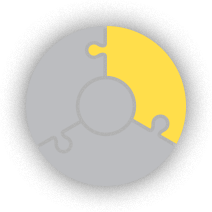Our research focus 2012 - 2016
Creating knowledge and solutions that help communities become more water sensitive
Today, many towns and cities face challenges, lack the tools, and confront knowledge gaps that prevent them from being more water sensitive.
Our role at the CRC for Water Sensitive Cities is to provide these tools and address these knowledge gaps, with the help of a diverse talent pool of researchers from more than 20 different disciplines, and based at a wide range of national and international universities, research centres, government organisations, and private industry.
In its first four years (Tranche 1: 2012–2016), the CRCWSC sought answers to some big questions:
- How do our culture, institutions, and human systems affect the adoption of new ideas and innovation?
- How will changes in our natural environment impact on and affect how we plan and build our cities?
- What technologies and information are needed to support delivery of water sensitive cities?
- What are the range and appropriate mix of interventions to translate research and knowledge into practice?
Devoted to answering these questions, we have so far delivered 34 CRCWSC research projects through four priority integrated research programs.
Over the next five years, (tranche 2: commencing in late 2016), the focus will shift from answering these big questions to working with regional stakeholders, with the aim to adapt and apply new, innovative concepts and tools to a whole-of-city or metropolitan scale.



